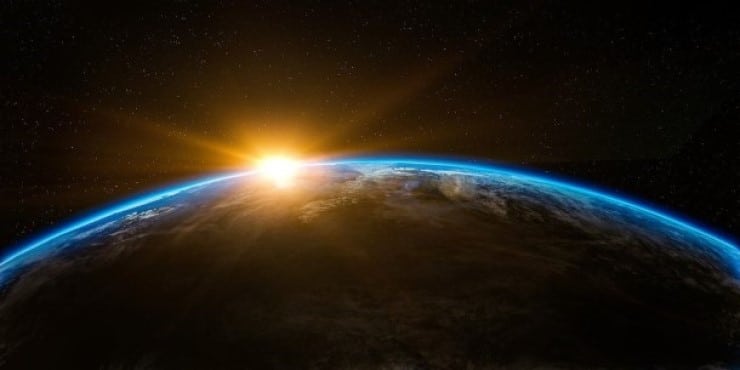I’ve never been one to list “travel” as one of my passions. To be honest, I’m not super comfortable traveling outside of the country, where the language and the money are different than what I’m used to. I feel disoriented and vulnerable. I know that’s lame. I just like to feel relaxed on my vacations and usually select this feature over being adventurous. That’s just my personality.
If I’m not keen on international travel, you can imagine how I might feel about commercial space travel. In a few words, it’s not for me.
We don’t wanna
I was never the kid that yelled out “Astronaut!” when asked what I wanted to be when I grow up. Astronaut used to be a popular answer to that question. But kids these days have a different idea of status and prestige.
A 2019 study revealed that American and British kids were three times more likely to aspire to YouTube fame than space exploration. (Astronaut is the number one choice for Chinese children.)
Read: Your teen doesn’t have a career plan? 5 surprising ways to help
Perhaps the budding advent of commercial space travel, i.e. the billionaire space race, will have an impact on how kids view their ideal futures. Maybe it will impact adults, too. Because it turns out, we aren’t so into it either.
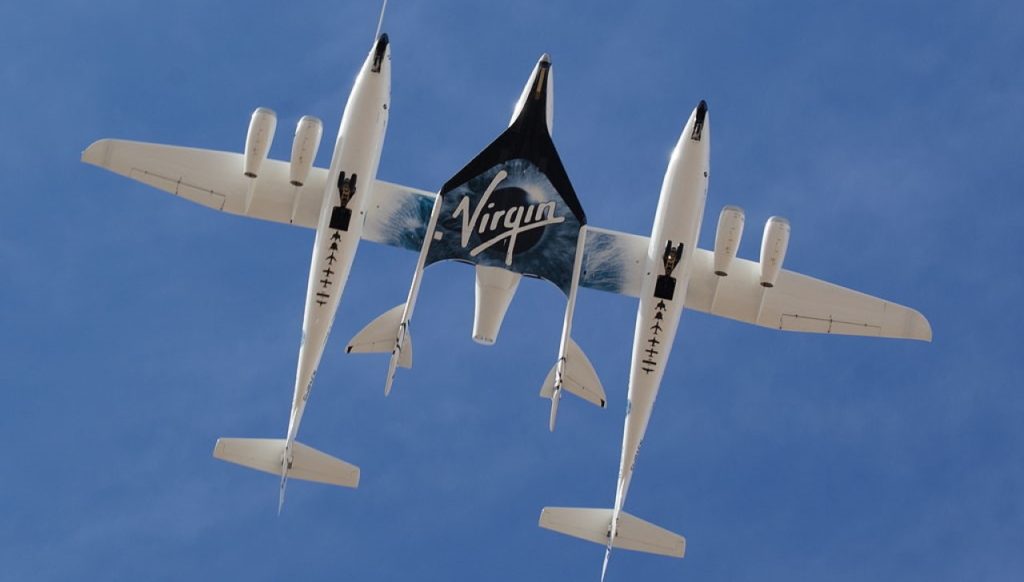
According to a 2018 Pew Research survey, 58% of Americans have said that, even if space tourism was commonplace, they would not be interested.
Further, less than 20% of Americans feel that sending humans to Mars or the moon should be a priority, citing more pressing space-related priorities as monitoring the environment and asteroids.
And tellingly, only 13% of Americans are confident that private space companies would make appropriate efforts to mitigate space debris.
Concerns about the environment
Many people suggest that the climb toward commercial space flight is a big F.U. to the environment. We ruined Earth, guys, let’s just scrap it and move on. But to be fair, the space tourism pioneers all have pretty good track records with the environmental cause. Virgin, Amazon, and Tesla are companies well-known to have positive environmental agendas.
A big step toward reducing the environmental harm of space travel is making rockets retrievable and reusable. This reduces material required as well as debris that either ends up in the atmosphere or the ocean.
In addition, Richard Branson claims the carbon footprint of a tourist on his SpaceShipTwo is equivalent to that of a person flying from London to Singapore.
Jeff Bezos has gone a step further in reducing the environmental impact of his launches. The rockets create thrust by combining liquid hydrogen and liquid oxygen, making the main emission water.
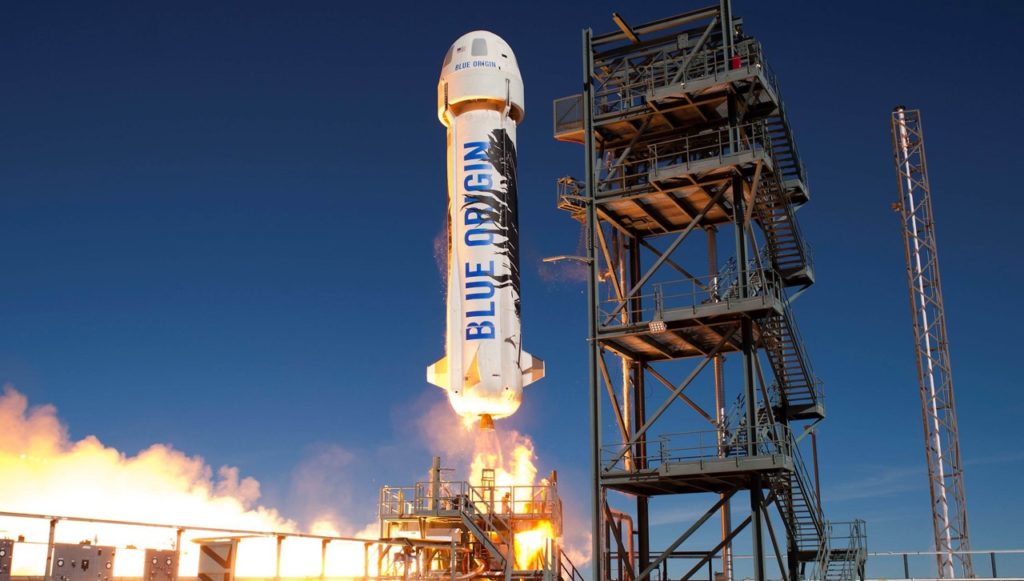
Still, launching rockets into space is going to tax the environment.
Money and time
But what about the other costs? And yes, I am talking about the hundreds of thousands of duckets it takes to reserve a seat. But more than that.
Would I be willing to fork over that amount of money – even as prices come down, it will still be a significant portion of a person’s income, no doubt – and ALSO spend days in training, for a thrill ride measured in minutes?
(Let’s be honest, I would probably have to spend a few months dieting first, too.)
Compare that to a 7-day vacation lounging on a warm, sunny beach, reading fiction and sipping frosty beverages. Eating wonderful meals on a beachfront patio listening to live, tropical music. On Earth.
Tough choice? Not to me.
And I’m not the only one.
Ashton Kutcher sold his seat on the next Virgin Galactic flight because his wife, Mila Kunis, reportedly convinced him that it was “not a smart family decision”.
Heck, the $28million auction winner of a seat on Blue Origin’s New Shepherd inaugural launch backed out of the trip citing “scheduling conflicts”.
Even people with the means, opportunity, and the tickets, have taken a pass.
But we aren’t the trendmakers
We, the people of Earth, are entering the age of commercial space flight, because the people with the money have decided we are, and they get to decide the future of the planet. Because that’s how much hundreds of billions of dollars is.
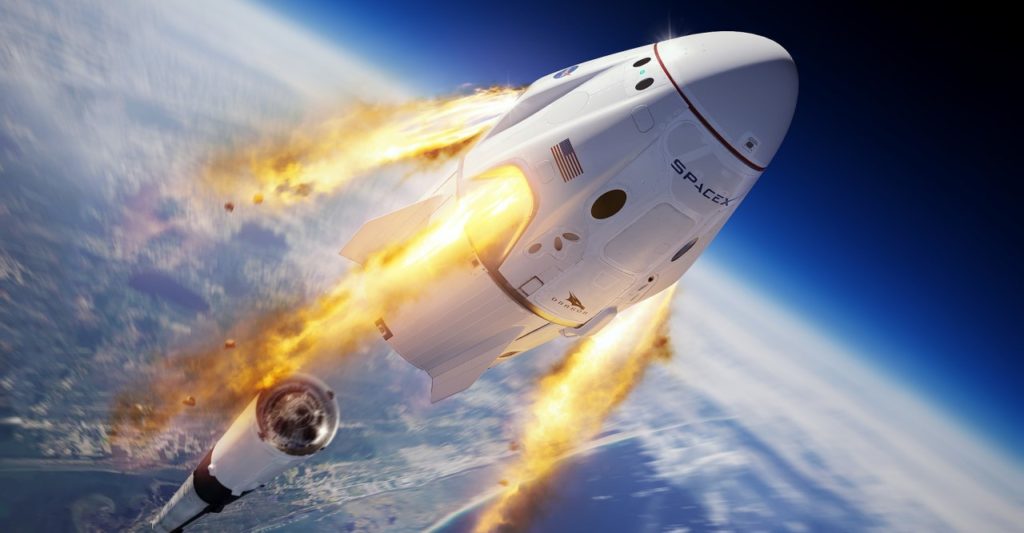
You see, the humble, working-class humans don’t decide on the next innovation. Did you decide you needed an internet before it was presented to you? Did you then decide you needed that internet access on a handheld device before that became a reality?
Televisions? Microwaves? Airplanes? Were any of these life-changing innovations items we knew we needed before they were available?
Remember Back to the Future, the movie that foretold the technological future of the early 2000s? Why don’t we have flying cars, food rehydrators, and self-lacing shoes? Because no one with the funds and the inclination decided to make them.
In short, the people with the money and the ideas – and you need both in spades – decided how the future would look. They decided what we need.
And they did good. Or did they? No way to know.
Home computers?
One could say that our world is shaped largely by computing. The invention of the home computer changed our lives and the trajectory of society and culture on this planet.
IBM, Apple, and others competed to produce the best, most compact, most intuitive home computers on the market. By the mid-1970s, computers were small enough to sit on the kitchen table and required no background in programming to operate. The geniuses of Silicon Valley had successfully ushered in the age of the personal computer.
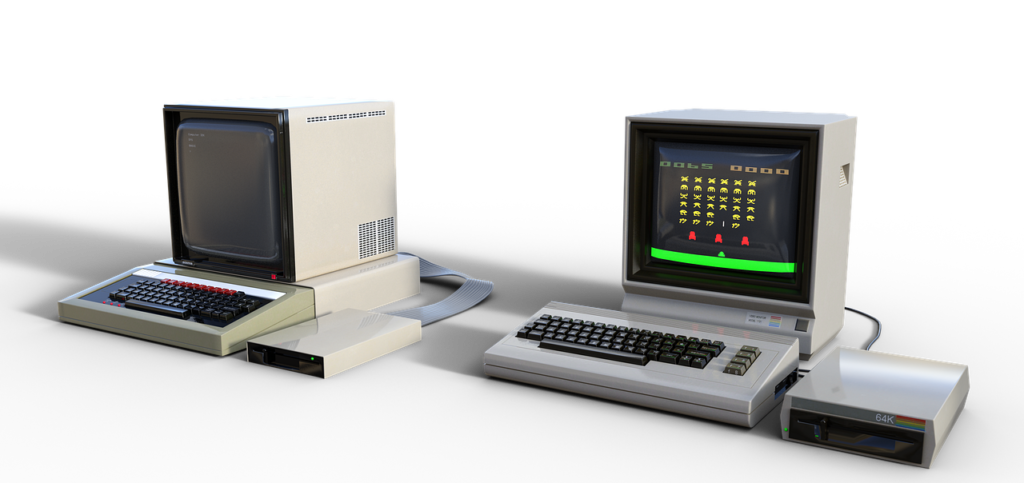
The next step? Convince people they need one.
The future
Space is the new thing. Hundreds of billions – that was the entry barrier and it’s broken. Civilians, commercially, we are going to space.
For Bezos, this venture is to protect the Earth for living. He wants to transport industrial manufacturing and factories off-planet, and essentially zone Earth as “residential”. This would preserve this planet, the best planet for human life, for eons of climate-change-free human prosperity.
For Musk, space flight endeavors are a species-saving imperative. By his estimation, if we don’t become a multi-planetary species, we are doomed to experience an extinction event eventually.
They have the money and they have the big ideas. The ways and the means. They have decided this is what we need. Now they have to sell it to us.
Maybe in 50 years, we will be reading in the history books that people didn’t originally want to go to space. They thought it was expensive and environmentally destructive. They felt there were better ways to spend billions.
Can you believe it? Tsk, tsk, people of the 2020s. If they only knew.
